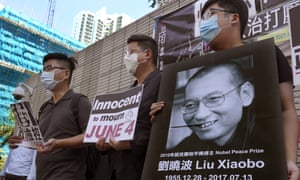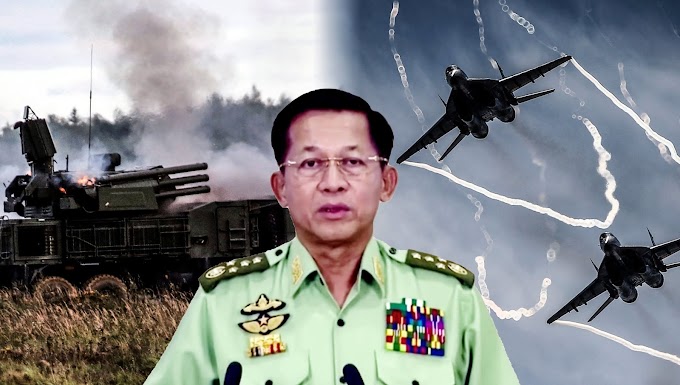Allowing the privileged few to flee Hong Kong isn't liberation
The national security law imposed by Beijing over Hong Kong went into effect on 30 June. By writing this piece, I may be in violation of it. On the evening the law came into effect, I lay wide awake at my apartment in Chicago, my eyes glued to the screen for the latest developments. The bill had been swiftly drafted, passed and signed by the central government before its content was revealed, the process foreshadowing its draconian measures. The legislation marks an end to Hong Kong’s judicial independence and the beginning of a new police state. It also assumes extraterritorial powers for the Chinese government that may subject a person from anywhere in the world to punishment for breaches of speech against its national security. I stayed up as late as I could, hoping to bear secondhand witness to a fleeting freedom the city and its people had fought so hard to preserve. I fell asleep with my phone in hand, my heart racing, pumping blood and oxygen to a fervent dream, where millions of Hong Kong residents would once again flood the streets, as they did a summer ago, nullifying the law with united disobedience. I woke up to a shattering reality. Hundreds of protesters had been arrested, some under the new legislation. Prominent activists stepped down from leadership positions. Pro-democracy posters disappeared from public spaces. Once-active social media accounts went silent. I felt ashamed for the fantasy I had clung to the night before. In my relative security from an ocean away, I had selfishly projected an impossible burden on a people.






0 Comments